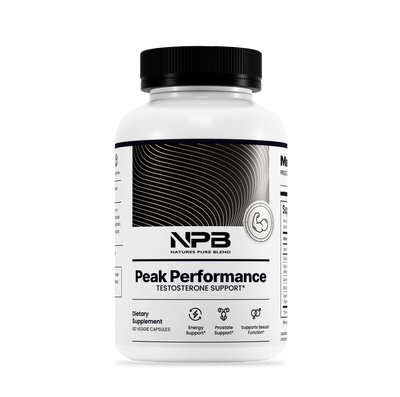Testosterone naturally fluctuates throughout the year, and many men notice a dip as the seasons change. Cooler months bring shorter days, less sunlight, and lower outdoor activity—all factors that can influence hormone levels. Seasonal drops in testosterone are more than just numbers on a lab report—they can contribute to fatigue, reduced strength, mood shifts, weaker bones, hair thinning, and changes in sexual function.
While some variation is normal, consistently low testosterone can affect daily performance and overall well-being. Understanding the main causes of seasonal declines empowers you to take proactive steps to support healthy levels before symptoms start to appear.
Here are six factors that influence testosterone during seasonal changes:
-
Reduced Sunlight Exposure
Less sunlight in fall and winter leads to lower **vitamin D** production. Vitamin D supports normal testosterone function, so shorter days can contribute to seasonal declines. [1]
-
Lower Physical Activity
Colder weather often means less outdoor activity. **Reduced movement** can affect hormone balance, as regular exercise helps maintain normal testosterone levels. [2]
-
Increased Stress Hormones
Seasonal changes, holidays, and shorter days can raise stress. Higher **cortisol levels** can interfere with healthy testosterone production, temporarily lowering levels. [3]
-
Dietary Shifts
Colder months often bring heavier, higher-calorie foods and fewer fresh vegetables. **Diet changes** can influence testosterone by affecting weight, inflammation, and nutrient intake. [4]
-
Altered Sleep Patterns
Shorter daylight hours can disrupt sleep schedules and circadian rhythms. **Poor or inconsistent sleep** can reduce testosterone output, since much of the hormone is produced during deep sleep. [5],















